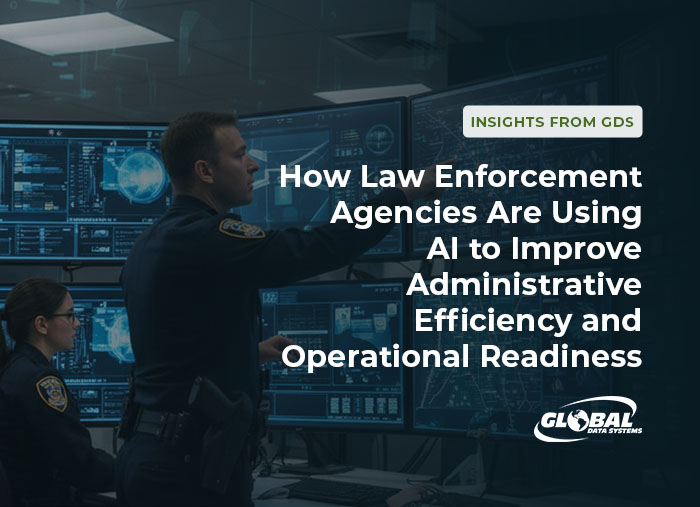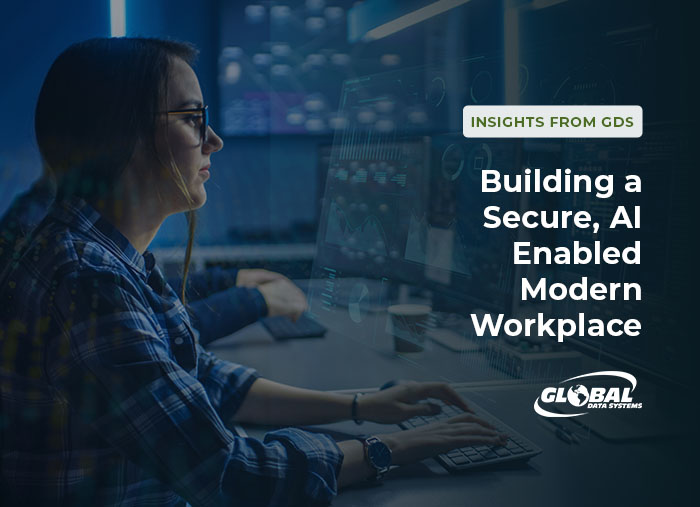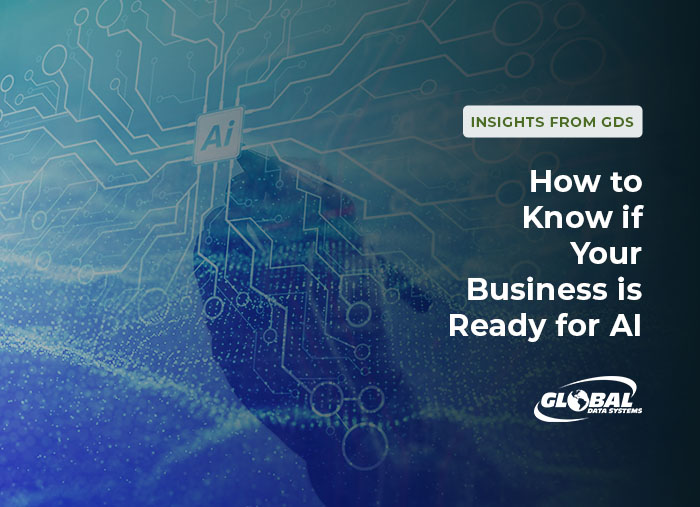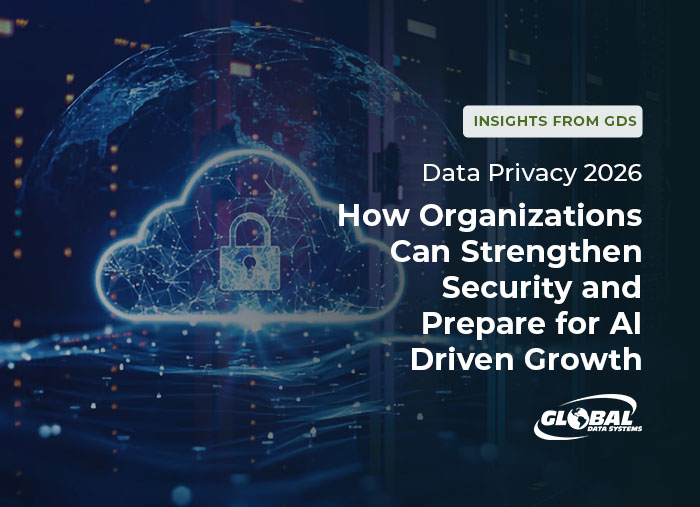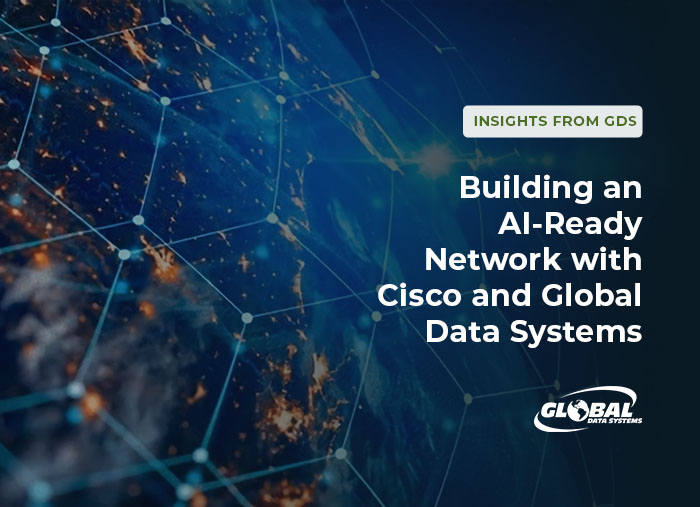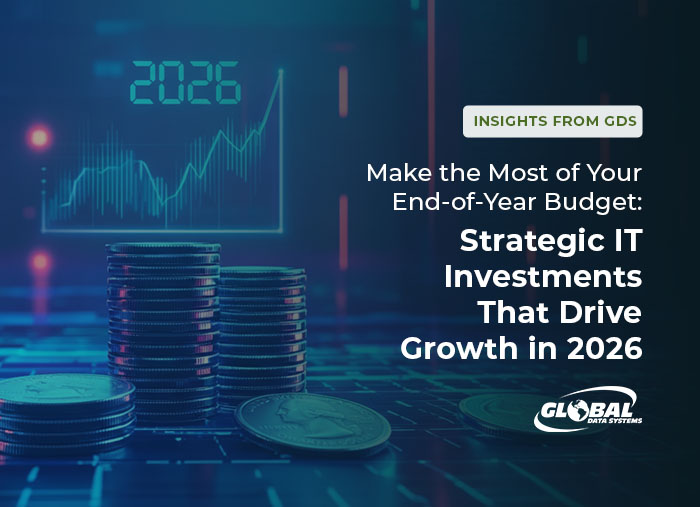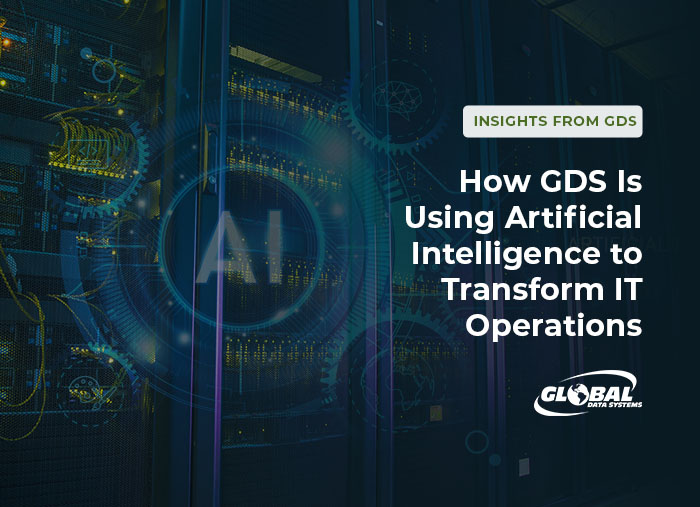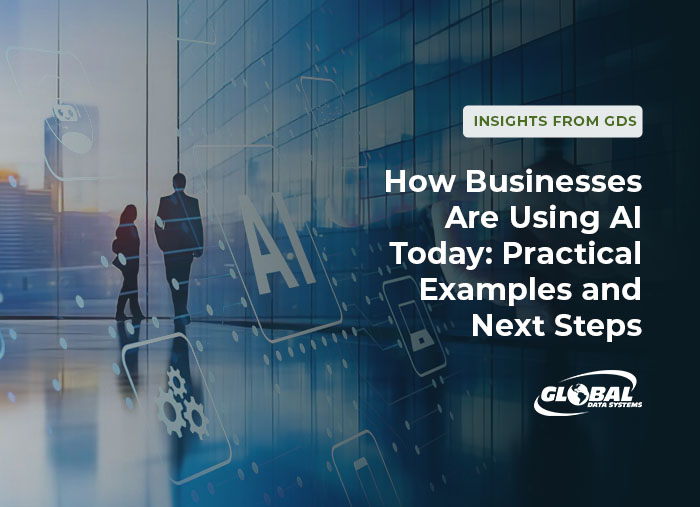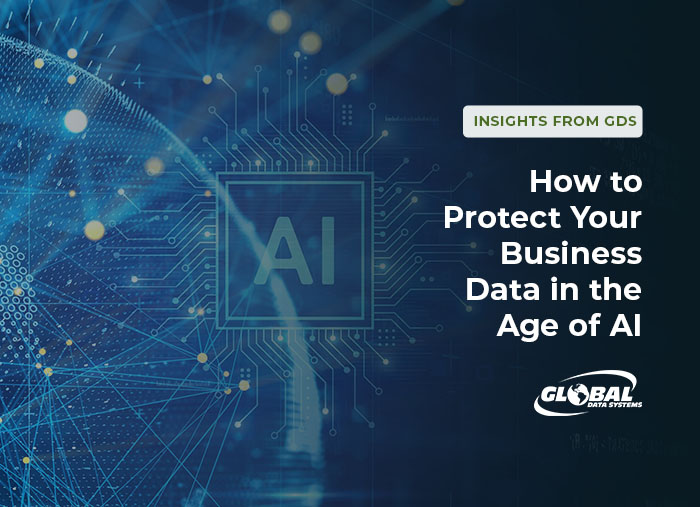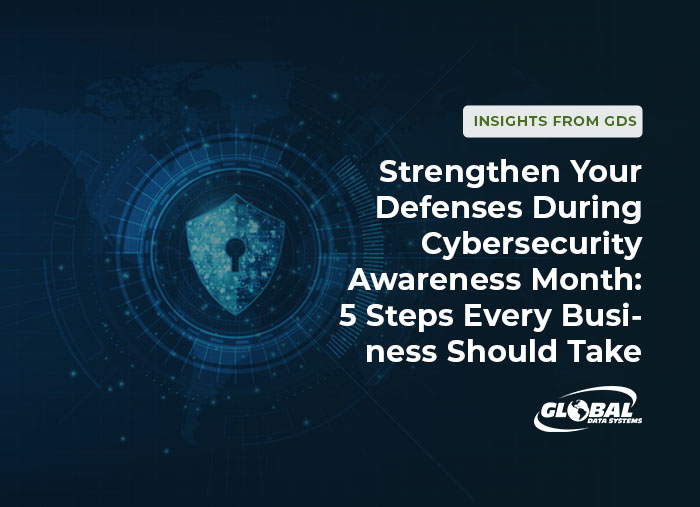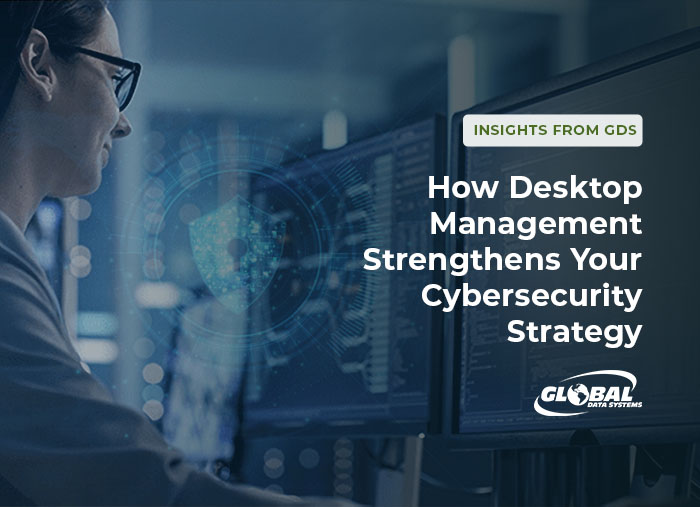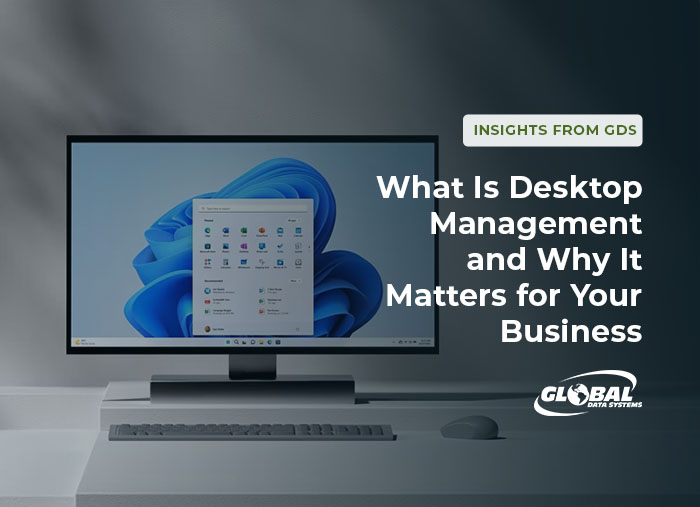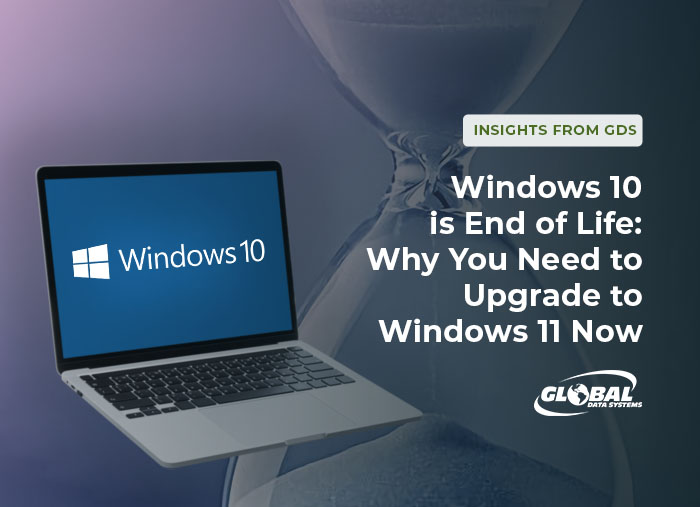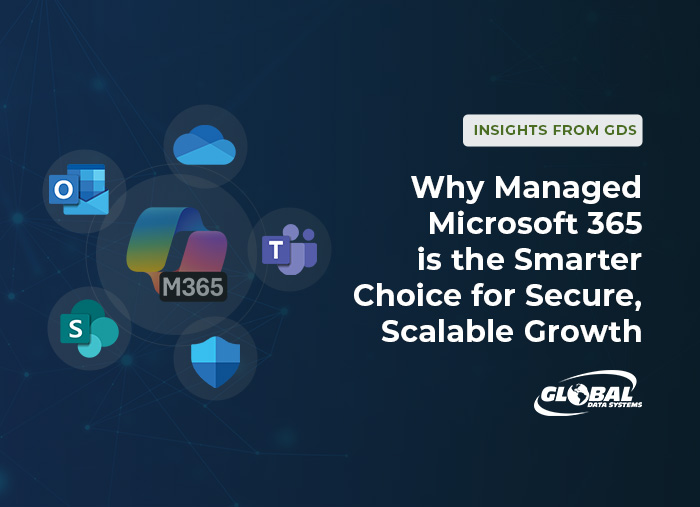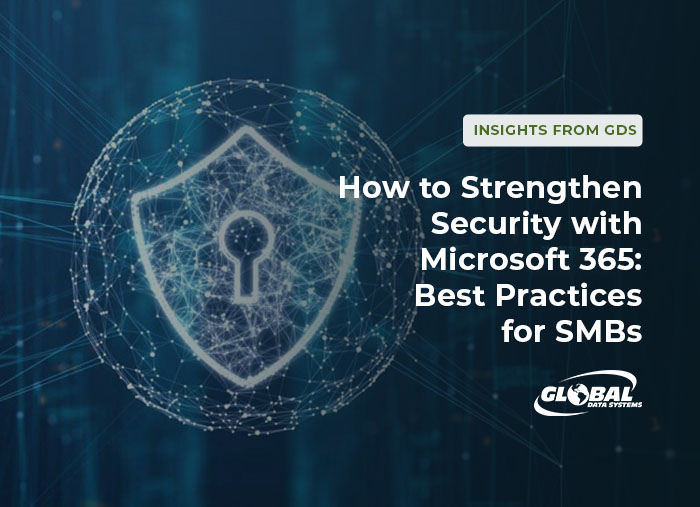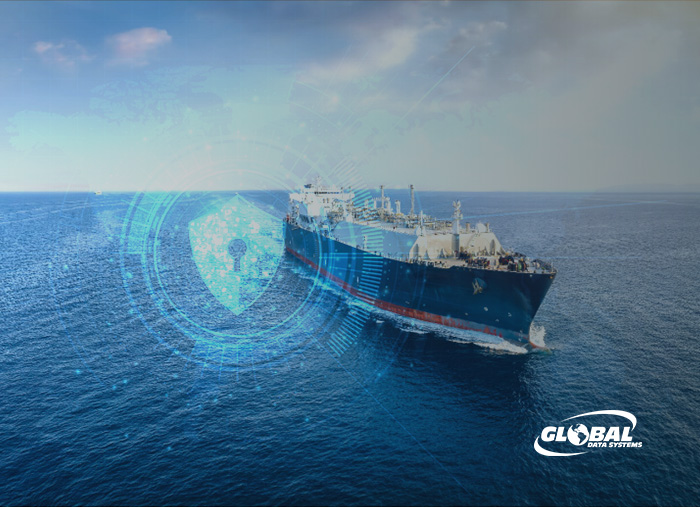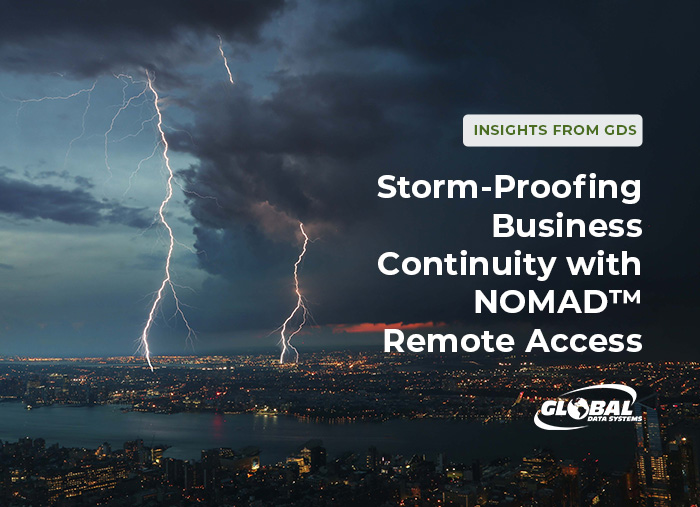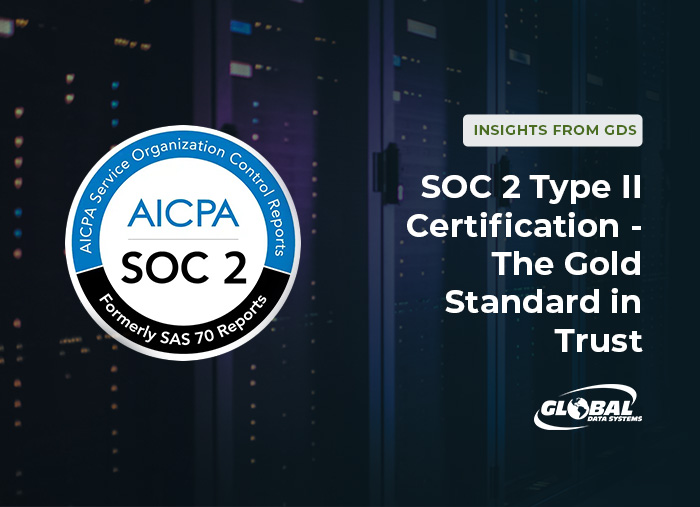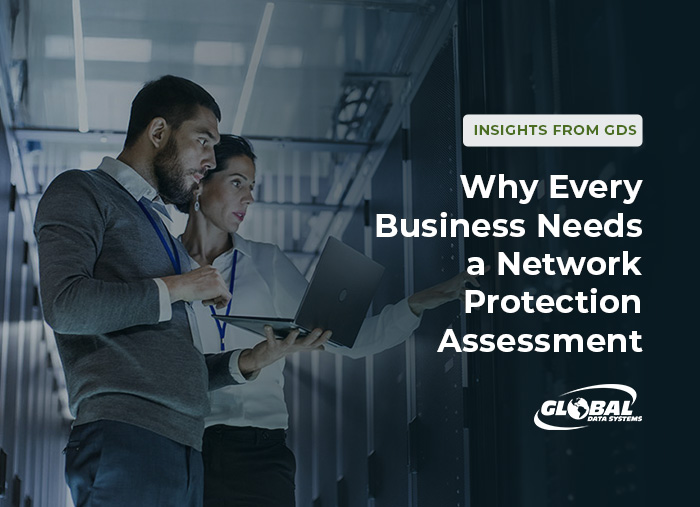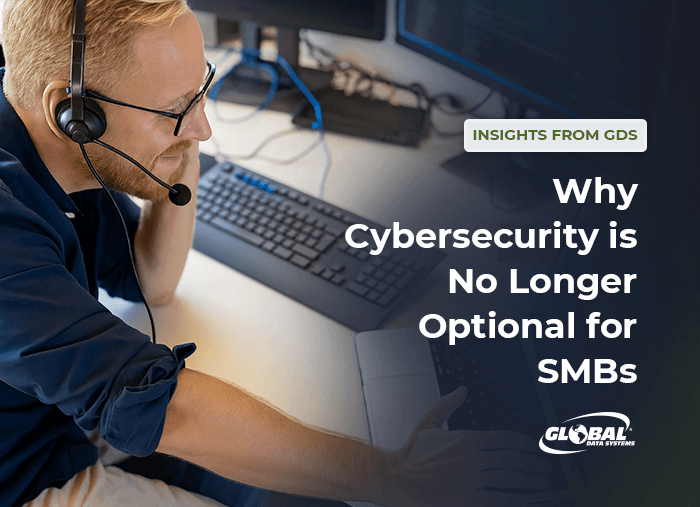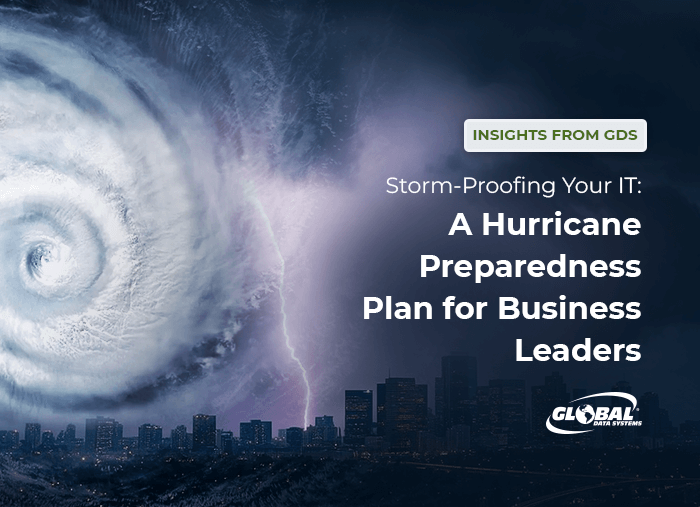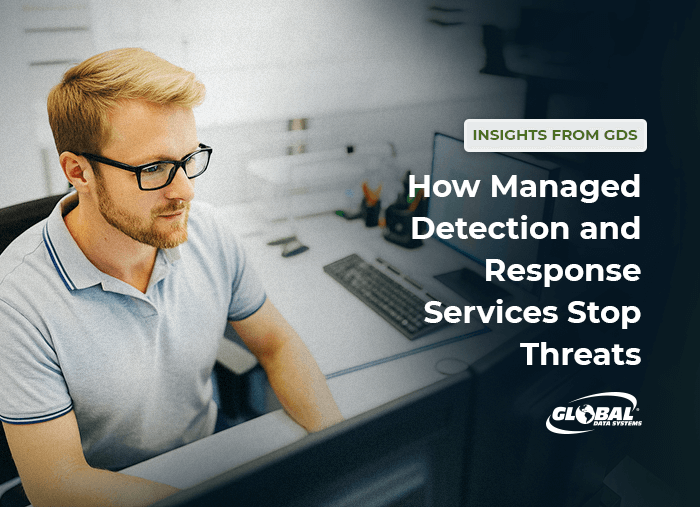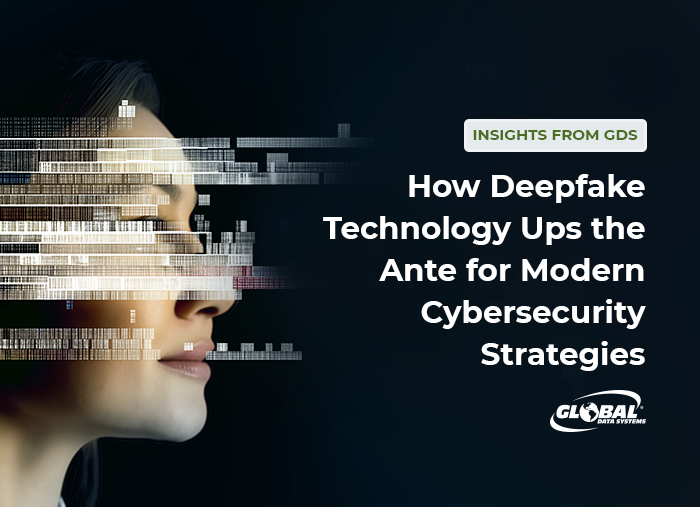Artificial intelligence is becoming a practical, everyday tool inside modern Louisiana sheriff’s offices. While headlines often focus on investigative or predictive technologies, one of the most immediate and impactful uses of AI in public safety today is operational: reducing administrative burden, strengthening documentation accuracy, improving compliance, and enhancing collaboration across divisions and parishes.
Managed IT Services Blog
Insights from GDS About Managed IT, Connectivity, Cyber Security & More
Artificial intelligence is quickly becoming part of everyday business operations. Tools like Microsoft Copilot promise productivity gains, better insights, and faster decision making. However, many organizations discover that simply enabling AI tools does not deliver the results they expect.
The modern workplace is often misunderstood. Many organizations still associate it with upgrading software licenses or moving conversations into chat tools. While those changes matter, they only represent a small part of what a modern workplace truly requires.
Artificial intelligence is no longer a future concept. It is already reshaping how businesses operate, compete, and grow. From automating routine tasks to unlocking deeper insights from data, AI offers meaningful advantages. However, not every organization is ready to adopt AI successfully.
Data Privacy Week, observed January 24 through January 30, is a global reminder of the importance of protecting personal and organizational data. As digital ecosystems expand and artificial intelligence becomes embedded in daily operations, privacy, governance, and security have never been more critical. Organizations across the Gulf South and beyond rely on strong data protection practices to maintain trust, reduce operational risk, and support long-term growth.
In the era of hybrid work, cloud-first platforms, and AI-driven business models, the role of the network has evolved. It is no longer just a technical backbone or utility. Today, the network is a critical enabler of visibility, performance, and security. It must adapt intelligently in real time to support the demands of the modern workplace.
As the year draws to a close, many businesses begin reviewing budgets, evaluating performance, and planning for the year ahead. It is a time to make smart financial decisions, especially when it comes to technology.
When we talk about using AI to modernize your business, we speak from experience. At Global Data Systems (GDS), artificial intelligence is more than a tool—it’s a core part of our transformation strategy. We’ve taken major strides in deploying real-world AI applications that enhance operations, strengthen cybersecurity, and deliver measurable value across our teams.
Artificial intelligence (AI) is no longer just a buzzword—it’s transforming how businesses operate every day. Across industries, companies are using AI to streamline workflows, make smarter decisions, and uncover new opportunities for growth. Whether you’re a small business owner or part of a large enterprise, AI in business is quickly becoming a competitive necessity. The real question isn’t if you’re using AI—it’s how you’re using it today.
Artificial intelligence is transforming how companies operate — automating workflows, analyzing vast datasets, and driving innovation. But as AI adoption grows, so do the cybersecurity risks. Many organizations share sensitive information with AI tools without realizing that these platforms may retain, process, or even train on that data.
October is Cybersecurity Awareness Month, an ideal time for organizations to re-evaluate their security posture, renew employee awareness, and implement stronger controls. At GDS, we believe that one month of focus can spark lasting improvements in cybersecurity culture. In this post, we’ll highlight key themes from CISA’s official toolkit and show you how to turn them into action steps for your business.
When businesses think about cybersecurity, they often focus on firewalls, email filtering, and antivirus tools. But one of the most overlooked and most critical components of a strong security posture is desktop management.
In today’s modern business environment, desktops and laptops are the engines that keep operations moving. From emails and spreadsheets to cloud applications and communication platforms, these devices are critical to employee productivity. But who ensures these endpoints are secure, updated, and running at peak performance? That’s where desktop management comes in.
Microsoft has officially announced the end-of-life (EOL) date for Windows 10: October 14, 2025. After this date, Windows 10 will no longer receive security updates, bug fixes, or technical support from Microsoft.
If your business is only using Microsoft 365 for email and Office apps, you’re missing out on serious value and possibly exposing your organization to unnecessary risk.
As cyber threats become more advanced, small and mid-sized businesses (SMBs) are increasingly becoming targets. Microsoft 365 offers robust tools to protect your organization if they're implemented correctly.
Perhaps you know about Microsoft Office, the software you would install on five computers under the same user to save some money, so you can type and do spreadsheets. But Microsoft 365 is more than just Word, Excel, and Outlook. It’s a comprehensive productivity platform designed to help modern businesses collaborate more efficiently, reduce IT overhead, and scale securely.
As more businesses embrace digital transformation, there’s one critical area often left behind: Operational Technology (OT). From factories to utilities to energy producers, OT systems run our physical infrastructure — but they’re increasingly at risk.
In January 2025, the U.S. Coast Guard officially released its long-anticipated final rule on cybersecurity within the Marine Transportation System (MTS). This regulation marks a pivotal shift in how maritime operators must approach their cybersecurity posture—not just in terms of compliance, but in their day-to-day operational integrity.
In today’s climate, business continuity planning isn’t optional, it’s essential. Each year, hurricanes and natural disasters disrupt operations across the Gulf Coast, costing businesses days or even weeks of productivity. At GDS, we’ve developed a multi-layered hurricane readiness strategy centered around our proprietary remote access solution: NOMAD™.
Security certifications aren’t just logos on a website, they’re proof of performance. At Global Data Systems, we proudly maintain our System and Organization Controls 2 (SOC 2) Type II certification to give our clients confidence in how we manage, process, and protect their data.
The threat landscape is growing more complex by the day. From ransomware attacks to insider threats and zero-day exploits, businesses of all sizes are being targeted.
With threats becoming more advanced and widespread, cybersecurity isn’t just an enterprise concern anymore. Small and midsize businesses are now prime targets—and often the least prepared.
When hurricanes hit, the biggest damage isn't always physical - your operations, data, and technology are on the line too.
MDR gives businesses a powerful defense against modern cyberattacks by combining expert monitoring, rapid response, and automation.
A finance worker at a multinational company thought he was on a video call with the organization’s CFO and other colleagues he recognized. As instructed, he wired $25 million to facilitate a secret transaction.
Get In Touch
310 Laser Lane
Lafayette, Louisiana 70507
Office Hours: Monday - Friday
8 a.m. - 5p.m.
Contact Us >
24 / 7 / 365 Support
Our dedicated support
staff are available by
phone 24 hours a day.
Phone: 888-435-7986

